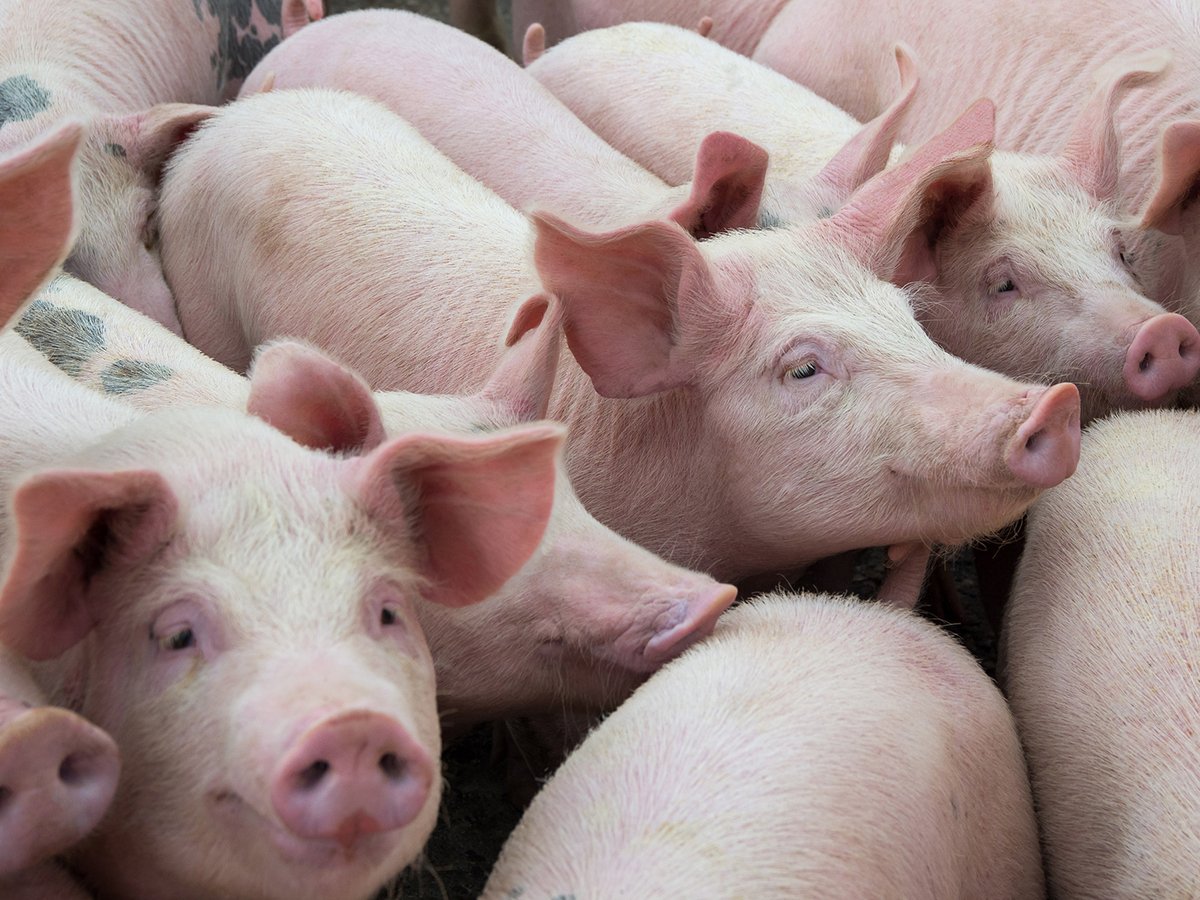Conventional and organic livestock producers don’t often go to the same conventions, but recently in Manitoba there has been more talking across the big divide.
“There are so few people that understand agriculture, those who do understand it need to be on the same team,” Organic Food Council of Manitoba president Janine Gibson said after a presentation to the Manitoba Swine Seminar.
“We want to work together and solve the challenges …. I’m holding out an olive branch and I refuse to talk badly about our Canadian farmers.”
Read Also

Quebec pork company calls for transparency around gene-edited pigs
Quebec-based pork company duBreton is calling for transparency around meats from gene-edited pigs on concerns that a lack of mandatory labelling will confuse consumers, and dilute certification claims. The organic sector is also calling for labelling rules.
Washington state consultant Dan Murphy, who is a conventional farming proponent, also sounded conciliatory in comments after hearing Gibson’s presentation.
“There certainly can be peaceful coexistence, because organic foods represent a niche market, which is attractive to certain consumers, whereas conventional producers are generally going to market to a more mainstream consumer that has different interests,” he said.
“It’s two different products to two different consumers, and theoretically there doesn’t have to be a conflict.”
Gibson’s presentation on organic hog production was notable, organizers acknowledged, because big industry events such as the Manitoba Swine Seminar usually don’t include small-scale, niche production systems like organic.
As well, Gibson was not jeered while she spoke or insulted during the question and answer period that followed, although a sole “boo” was heard at the end of her talk.
Recently at the Keystone Agricultural Producers convention, George Matheson, an organic pork producer from Stonewall, spoke for the entire Manitoba hog industry when he challenged the president of the North Dakota Farmers Bureau for defending country-of-origin labelling and minimizing its impact on Canadian producers.
Matheson is a director of the Manitoba Pork Council and involved in many industry-wide issues.
Still, tension between the two production approaches was evident in Murphy and Gibson’s presentations.
Murphy showed derision for “anti-industry activist groups” and the “mainstream media,” while Gibson irritated the conventional side with her argument that organic production is ethically superior and environmentally preferable.
Murphy said he thinks organic production promoters may have seen sales increase in recent years, but theirs is still a tiny industry stuck in a marketing rut caused by an excessive reliance on denouncing the conventional industry.
“Their mentality is a legacy of how organic began 30, 40 years ago, but also is a cause of the difficulty they have reaching mainstream acceptance,” he said in an interview.
“The idea that you’re fighting a battle against conventional farmers is a very negative message and I think they have a very positive message to convey and should be conveying that instead.”
Gibson thought Murphy’s presentation was too dismissive of public and media concerns about animal welfare issues and showed why many consumers distrust the conventional industry.
“I thought the opening speaker was promoting the antagonistic approach and I really don’t think we have time for that,” Gibson said. “We’re not saying everyone should be organic. We’re just saying the pendulum should be more in the middle.”

















